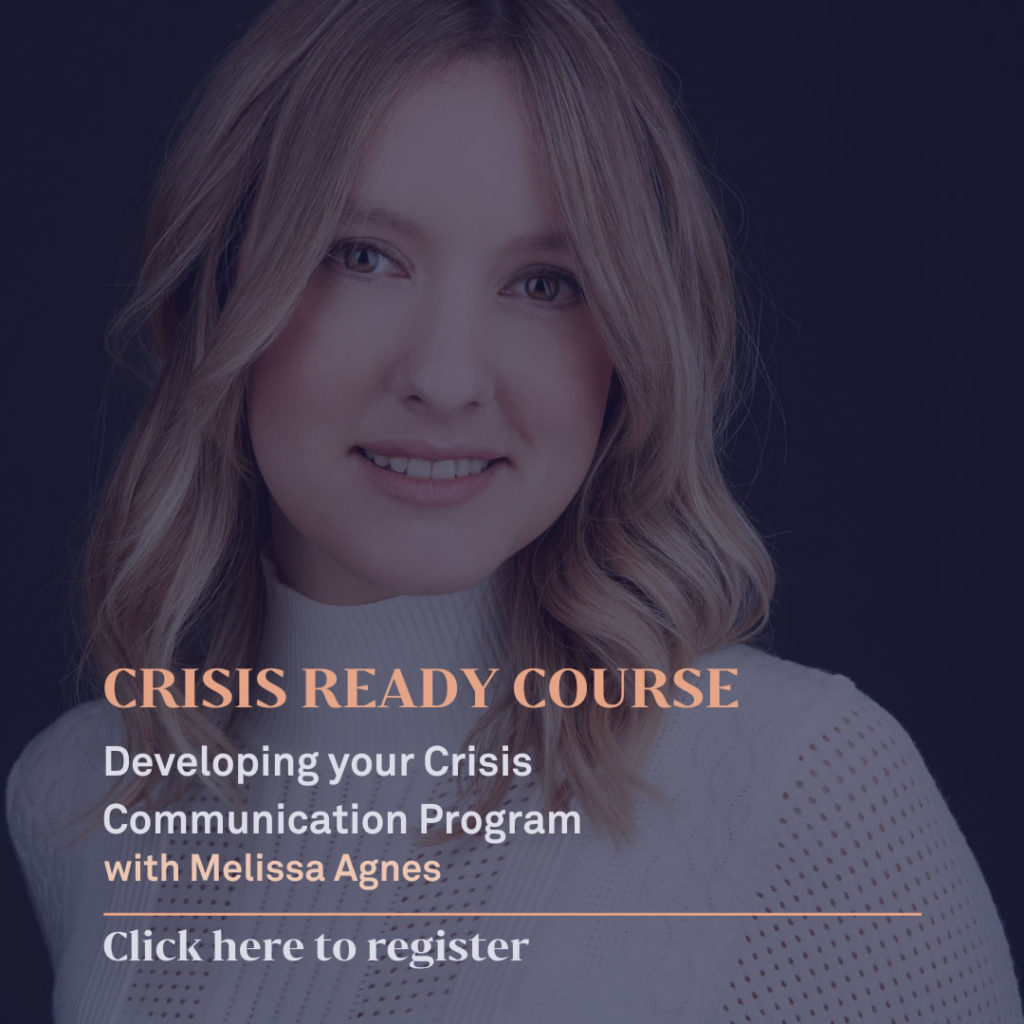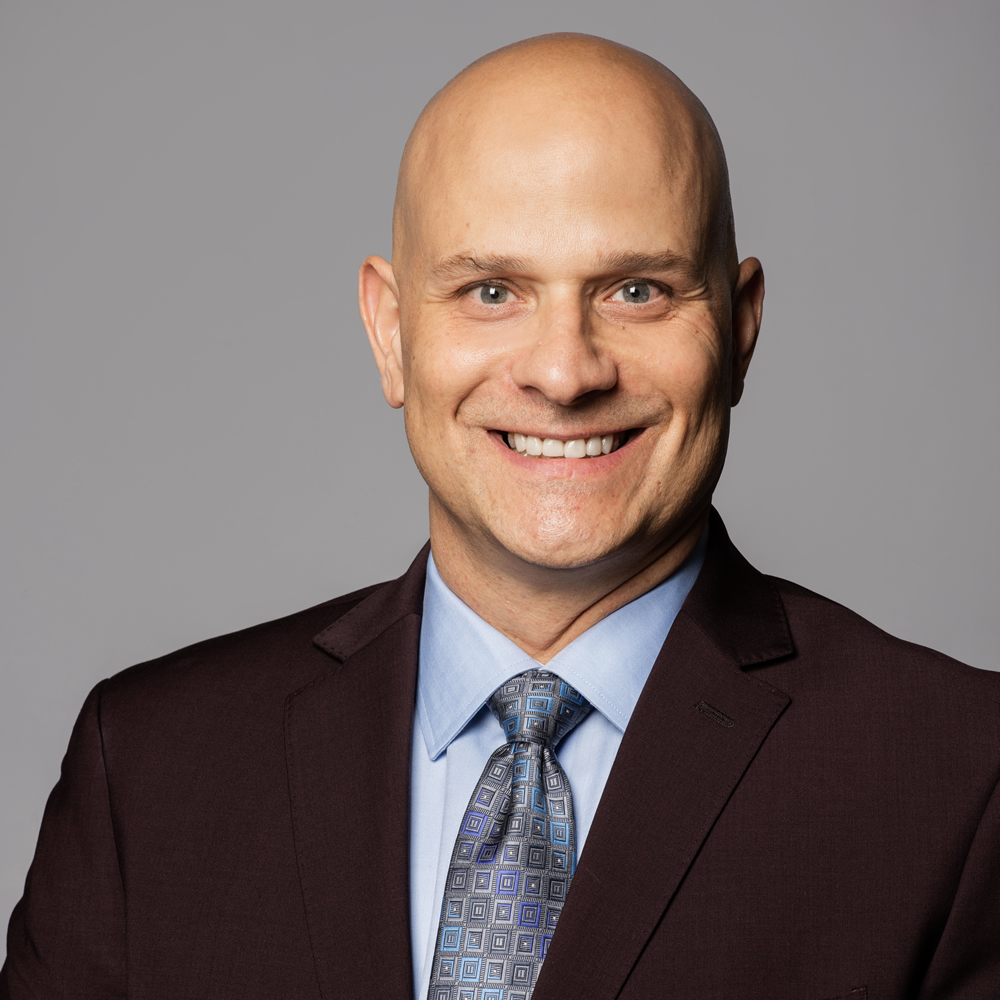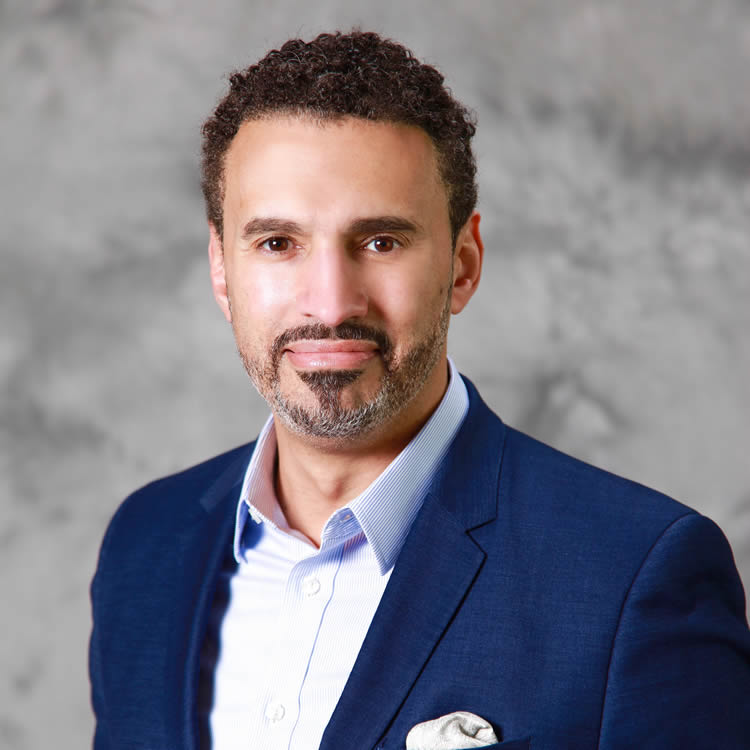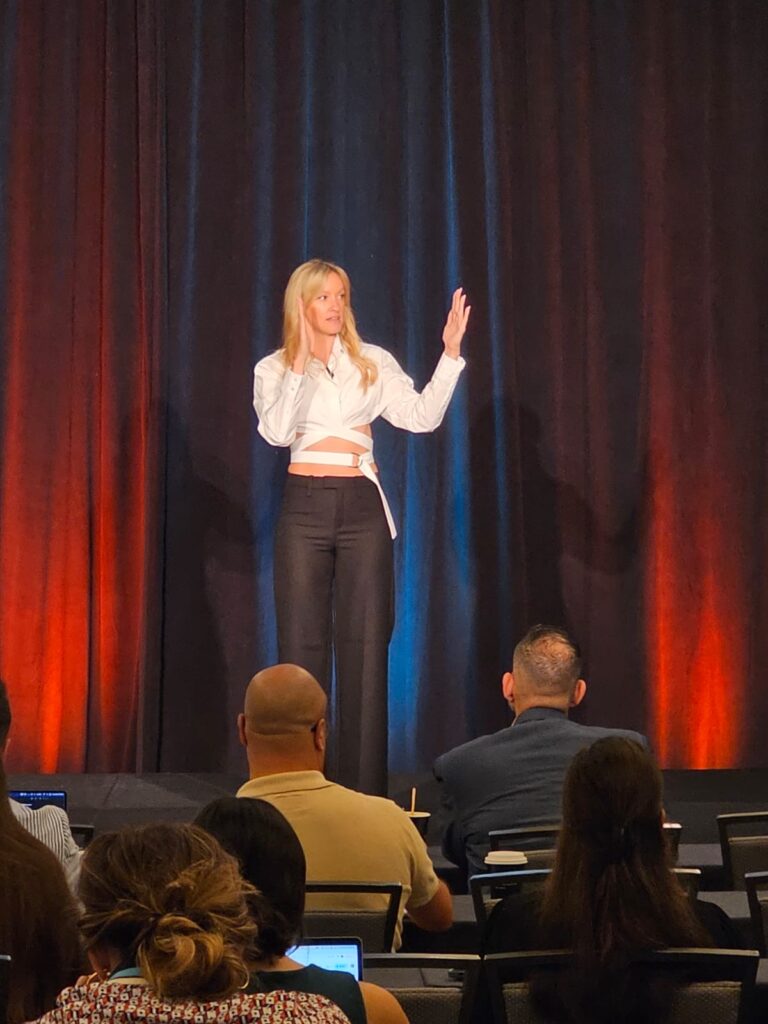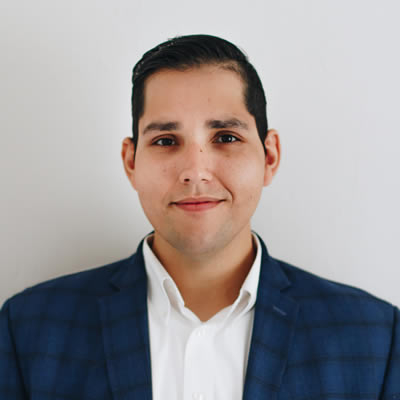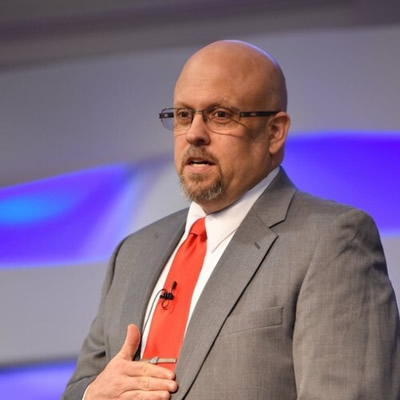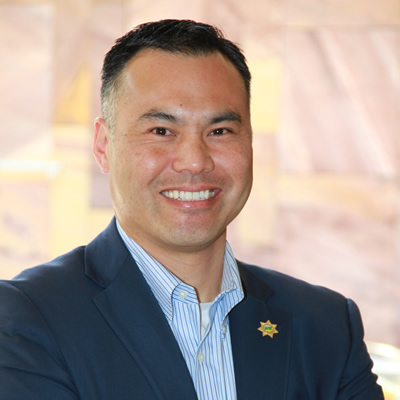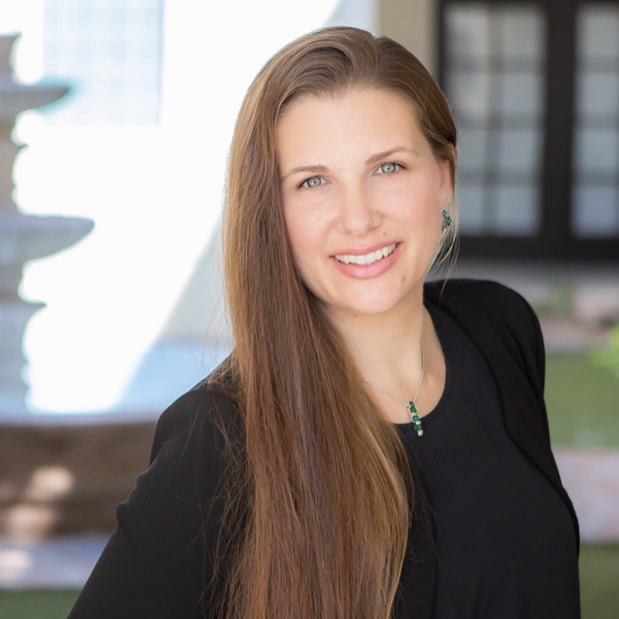What hinders leaders from confronting a crisis?
When a complicated mess threatens to topple years (maybe decades) of hard work, what keeps leaders from rolling up their sleeves and tackling the problem head-on?
Most of us have seen and/or felt the consequences of poor crisis response led by less-than-stellar leaders.
For example…
When a high-impact leader is caught in a scandal… and the organization does its best to silence the accusations.
When a data breach threatens the privacy of thousands… and leaders downplay their responsibility.
When an oil spill or other disaster threatens the environment and livelihood of an entire region… and companies are caught hiding the evidence.
Or when a global pandemic demands swift action and clear communication… and people die while world leaders hesitate.
The world is not short of examples of failed crisis management. As we continue to experience case after case, many of us are left wondering why it seems so hard for so many leaders to deal with — and effectively lead through — change, challenge, and crisis.
The Five Crisis Ready® Hindrances
In my years teaching organizations and leaders how to prepare for crises, I’ve encountered a lot of resistance from my clients’ team members who aren’t sold on the need to be Crisis Ready.
In fact, gaining buy-in and support for this initiative is one of the most common, most universal challenges faced by anyone advocating for this need. Even within the most Crisis Ready organizations, continuing to gain support and investment year after year is a challenge.
Why is that?
I’ve spent a lot of time asking myself this question and throughout my career, I’ve identified five elements that get in the way of a leader or an organization’s willingness to invest in their Crisis Ready mindset, skillset, and capabilities. I call these the Five Crisis Ready® Hindrances: avoidance, ego, fear, ignorance, and politics.
How do Crisis Ready Hindrances affect us?
First, let’s begin by defining what I mean by “hindrance.” Avoidance, ego, fear, ignorance, and politics are natural human traits and tendencies that get in the way of doing what’s needed for truly effective crisis management and, ultimately, create more Crisis Response Penalties (CRP).
Each of the Hindrances impedes us in different ways…
Avoidance: Prevents a person from looking at the truths of a problem in order to get ahead of it.
Ego: Holds us back from and blocks true connection, compassion, and empathy.
Fear: Activates the “flight” or “freeze” modes within us, which can create distrust (of the self and of others) and lead to avoidance and/or perpetuate more fear.
Ignorance: Prevents someone from taking the right actions due to a lack of knowledge or understanding.
Politics: Prevents one from doing “what’s right” in order to serve an ulterior agenda.
Over time, we will discuss each Hindrance. This article will begin exploring how ego can hinder leaders during a crisis.
What is ego?
The word “ego” often carries a negative connotation, almost as a synonym for arrogance — which, don’t get me wrong, arrogance comes from ego! HOWEVER, when discussing or referring to the Hindrances, ego is never meant to carry a negative or judgemental connotation. We’re going to use the word more broadly.
The teachings of Sigmund Freud introduced the word “ego” into our popular vocabulary, and Freud himself meant for the concept to carry more complexity than an over-inflated sense of importance.
In its simplest form, ego is the “I” of our individuality. It is our self identity.
Merriam Webster defines ego as “the self especially as contrasted with another self or the world.” The word comes straight from Latin, where it simply means “I.”
Why do we need ego?
Close your eyes for a moment and think of all the things that make you the individual that you are. All the wonderful traits, all your preferences and dislikes. Even all your insecurities, strengths, and flaws (because let’s face it, we all have ‘em!).
All of these aspects of the self is what I’m referring to when I say “ego.”
Therefore, ego is what sets the individual apart from the collective. Said again, ego gives us our sense of self and identity.
That individuality is important. It gives us freedom of choice and a unique voice within a community.
We wouldn’t be human without an ego.
Aside from its role in self-definition, ego can help drive our ambition, our motivation, and our self-confidence. When not hindering us, ego can create a willingness to act in the face of fear, stress, or challenge. It’s often the force that propels us forward.
There’s nothing inherently wrong with ego.
In fact, successful leaders rely on a strong ego. It takes a powerful ego to stand out from the crowd and lead the group in a new direction. Albeit, there is a difference between a loud ego and a quiet ego, but we’ll save that for another day.
When does ego become a Hindrance?
Ego becomes a Hindrance when, in an attempt to keep us “safe,” it holds us back. It holds us back from personal growth and holds us back from creating meaningful connections with others.
Here’s the thing: while in some instances the ego propels us forward, the ego also doesn’t like to be challenged. It likes to feel safe and in control.
You know that uncomfortable feeling that comes from making a mistake, leaving your comfort zone, or being told your perspective is wrong? That feeling is your ego kicking in to protect you and keep you where it feels safe.
It’s saving you from feeling vulnerable, fallible or inadequate. It’s protecting you from failure, loss and change.
However, oftentimes, the ego confuses feeling safe with feeling comfortable. That’s when ego becomes a Hindrance.
For example, learning something new can feel uncomfortable. That doesn’t mean that doing so leaves you physically or emotionally unsafe.
Leaning into vulnerability and sharing your emotions with a close friend or a significant other can feel extremely uncomfortable. But it doesn’t mean that you are physically or emotionally unsafe.
Meanwhile, how often do people shy away from trying something new or leaning into their vulnerability to create authentic, deep, emotional connections?
Often.
So, when left in charge, ego, with all of its good intentions, becomes a Hindrance. By wanting to keep us safe, it keeps us captive within our comfort zones. It creates emotional walls that keep us from meaningful, authentic connection.
Now, consider how this can present Crisis Response Penalties (CRP) in times of crisis. Effective crisis management requires leaders and communicators to leave their comfort zones to right wrongs and fix mistakes. Effective crisis communication requires leaning into vulnerability to connect meaningfully and emotionally with stakeholders.
If you think back to the countless crisis management failures that we continuously see around the world, how many of those stem, at least in part, from ego acting as a Hindrance?
My money is on A LOT!
How do we keep ego from becoming a Hindrance?
To begin, keeping our ego in check requires a good deal of self-awareness, emotional intelligence, and self-compassion.
Self-awareness
The more self-aware you are, the better. Take time to understand what causes your ego to feel challenged and what happens when it does.
For example, in which types of circumstances does your ego step in to protect you? When does it try to keep you within its comfort zone? When might it put up its walls to keep you emotionally “safe”? How do these things manifest and feel within your body?
From there, what is your response pattern? Do you react by lashing out, retreating inwardly, puffing up and becoming loud, getting defensive, creating emotional walls that keep you feeling safe, or something else?
The better you can teach yourself to recognize the triggers as they happen within your body, the better you’ll be able to remain in the driver’s seat of your own actions and keep the self-protectiveness of your ego in the backseat, rather than blindly allowing it to take the wheel.
Emotional intelligence
Learning to identify, understand, and communicate effectively through emotions is one of the hardest aspects of maintaining strong and healthy relationships. It’s also essential for crisis communication and leadership.
We dive deep into understanding emotion and communicating through it in a way that resonates, in our Crisis Ready Course on Honing Your Crisis Communication and Leadership Skills.
Self-compassion
Because ego is an inherent part of being human, keeping it working for us and not against us is a life-long endeavor. This means that sometimes you’ll get it right. And other times you’ll realize — maybe later than you would have preferred — that your ego has been in the driver’s seat.
Having grace with yourself in those moments is important. You’re human, and your ego is an innate part of that humanity. You won’t get it right every time. None of us do.
While we’ll explore this topic further over time, in my experience, each of these three decisions — to be self-aware, emotionally intelligent, and practice self-care and self-compassion — are challenging practices in and of themselves.
Start here, and you will be taking the first steps in leveraging the positive aspects of your ego, while not allowing it to hinder your capacity for strong and effective crisis communication and crisis leadership.
Key takeaways
Ego, as an expression of our self-identity, is a necessary element of being human. While it offers a lot of benefits, it can also hinder our ability to grow and become vulnerable with others.
As a leader, unchecked ego becomes one of the Five Crisis Ready® Hindrances. As a Hindrance, ego can threaten an organization and a community and can cause more Crisis Response Penalty.
The good news is it’s possible to become aware of how ego affects us and leverage it for its benefits, while keeping its Hindering traits at-bay. This skill begins with self-awareness, emotional intelligence, and self-care.
To hone your crisis communication skills as you become more aware of your ego, enroll in our crisis communication program.
Your turn!
How has ego presented a Hindrance to you and what are some of the ways that you’ve managed to override or overcome it? We’d love to hear from you in the comments section below!
Founder and CEO of the Crisis Ready Institute, Melissa Agnes is the author of Crisis Ready: Building an Invincible Brand in an Uncertain World, and a leading authority on crisis preparedness, reputation management, and brand protection. Agnes is a coveted keynote speaker, commentator, and advisor to some of today’s leading organizations faced with the greatest risks. Learn more about Melissa and her work here.

